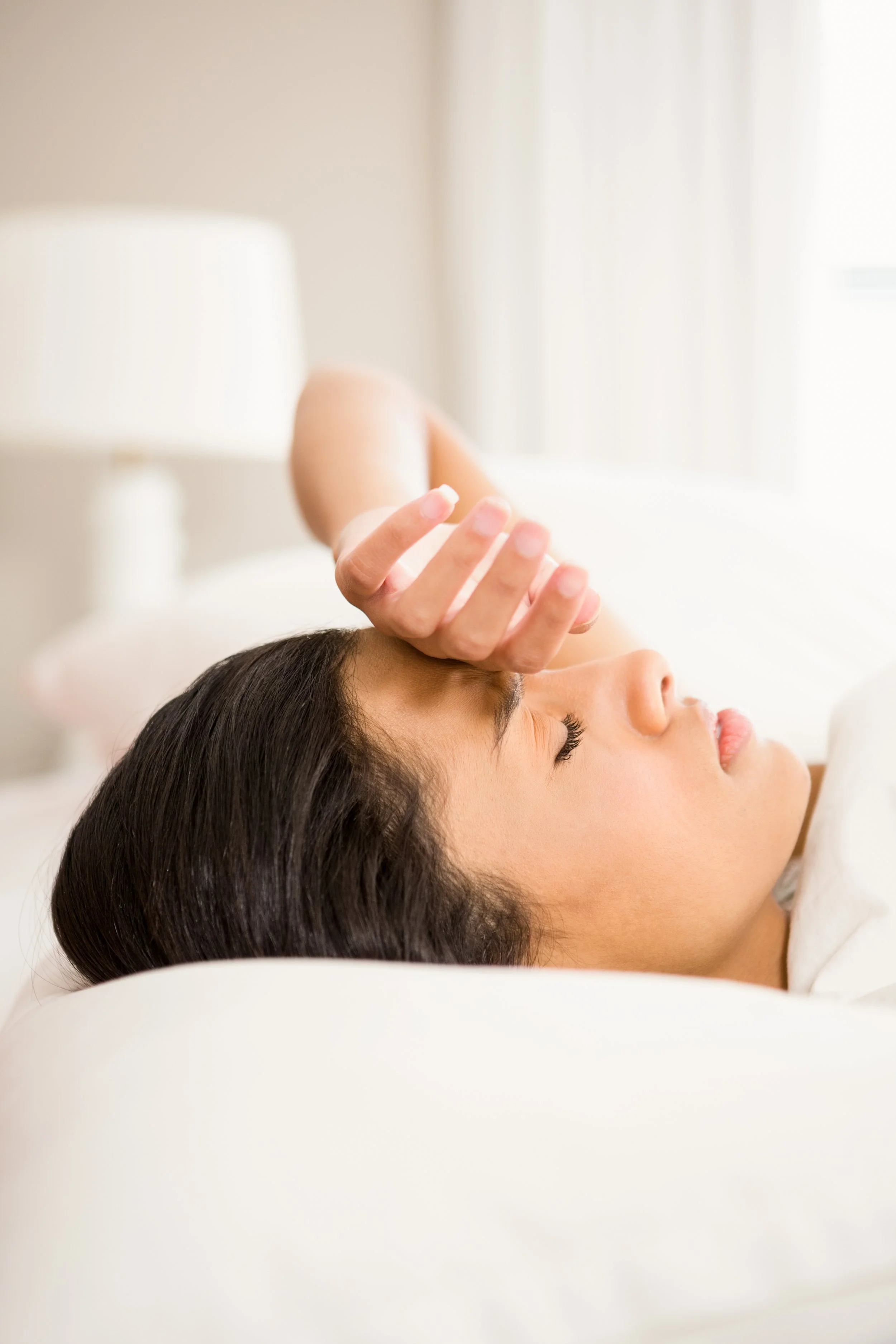What Every Woman Needs to Know about Sleep Apnea
The key message: don’t let a clinical label downplay your experience. Treatment decisions should be based on how you feel, not just numbers from a sleep study.
My conversation with Dr. Monica Mallampalli, PhD, Founder and CEO of Alliance of Sleep Apnea Partners:
Women’s Health Is More Than Reproductive Health
“Women’s health” is too often equated solely with reproductive issues. In reality, it’s a whole-body concern—encompassing brain, heart, kidney, and, crucially, sleep health. This broader view is essential for both patients and providers to recognize the unique ways diseases manifest in women.
The Legacy of Exclusion from Research Still Affects Women
A shocking fact: women were not included in U.S. biomedical research until 1993. This historic oversight led to dangerous assumptions that men and women were biologically identical outside of reproduction. Dr. Mallampalli’s own mother, who struggled with heart disease, was a victim of these gaps in understanding and care—a reality that still echoes today.
Sleep Apnea in Women Is Underdiagnosed and Often Misunderstood
Sleep apnea is often seen as a “man’s disease,” but Dr. Mallampalli’s story reveals how women’s symptoms—like chronic mouth breathing, fatigue, and even seizures—are frequently dismissed or misattributed to hormones or stress. The result? Many women go undiagnosed and untreated, sometimes for years.
Self-Advocacy Is Critical: Trust Your Instincts
Women can and must start advocating for themselves. Dr. Mallampalli’s diagnosis only came after she pushed for sleep testing based on her own research and intuition. She now urges women to use resources like symptom checklists and communication toolkits (available at apneapartners.org) to help guide conversations with their doctors. If something feels off, don’t give up—keep seeking answers.
“Mild” Sleep Apnea Can Have Major Impact
The label “mild” sleep apnea doesn’t always reflect the severity of symptoms or the impact of sleep apnea on daily life. Dr. Mallampalli’s experience showed that even so-called mild cases can cause significant fatigue and health issues. The key message: don’t let a clinical label downplay your experience. Treatment decisions should be based on how you feel, not just numbers from a sleep study.
Key Takeaway:
Women’s health is complex and understudied. Historic biases, underdiagnosis, and a lack of holistic care continue to affect the health outcomes of women worldwide. Women must trust their instincts, advocate for themselves, and demand comprehensive care, especially when it comes to getting a good night's sleep.
More resources:
pmc.ncbi.nlm.nih.gov/articles/PMC4089020/pdf/jwh.2014.4816.pdf
apneapartners.org/free-resources
Subscribe to my YouTube channel and catch the full episode here. Also available on Apple Podcasts & Spotify.
For more sleep tips, advice, and solutions, sign up for my monthly newsletter below, where we help you get the rest you deserve!
